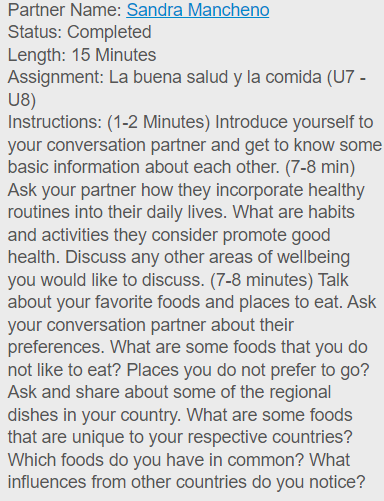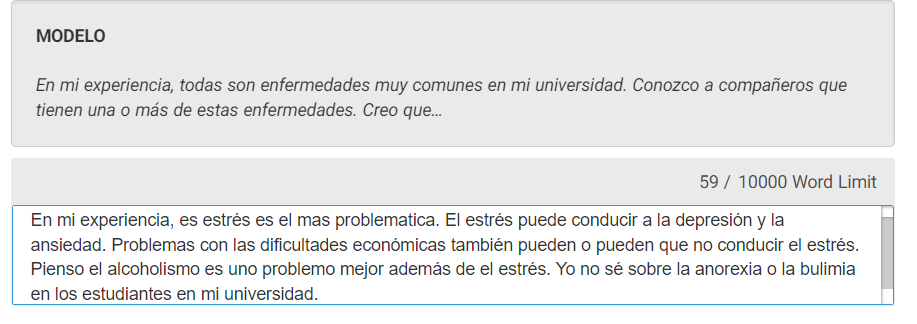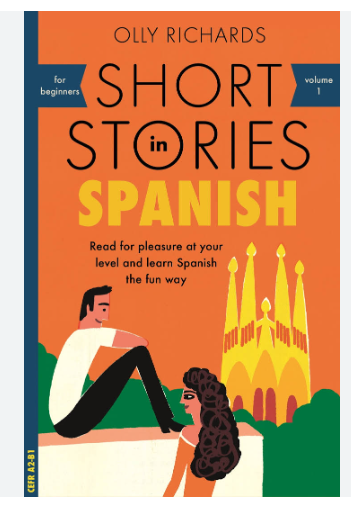Interpretive, Interpersonal, and Presentational Modes of Communication
Exploring Culture
Through many assignments, I was able to gain better understanding of cultural perspectives, in addition to my own research and browsing. I have looked at the ways that I am both similar and not, to other people around the world, including Spanish speaking countries. I find it refreshing to learn about the ways that others differ but also how they come together in their differences. I have found that finding the root for why people do or say what they do, helps in the understanding.
Engaging in Communities
Engaging with local and global community brings people together. It fuels unity, and unity is important because it provides, strength, courage and power. By engaging with communites, their is an increased visibility in issues and empowers the community to understand eachother and speak up about what effects their lives.
Interpersonal Communication
One of the most effective, yet challenging assignment that I completed this semester was a fifteen-minute conversation with a native speaker. This conversation was informative, enlightening, fun and difficult. On TalkAbroad, I had the opportunity to discuss introductions and general health with a kind woman from Ecuador.
The conversation was engaging, and I found it much easier to understand and follow along with than I had imagined. I struggled with some conjugations as well as remembering some vocabulary words. However, I felt achieved. Next time, I would go into the conversation more prepared and with a little bit more courage.

Presentational Speaking
One of the first assignments of this semester was via Flip. Flip is a website where you can communicate with your group via video clips. Below, I have attached my video post from the assignment. This assignment asked us to introduce ourselves.
Looking back, this assignment was an easy task. I have noticed that my pronunciations have improved throughout the semester, and I believe I could be more eloquent with some of my statements, instead of playing it safe.
Presentational Writing
A lot of work was completed in LingroLearning, including compositions and short paragraphs. These assignments were great for increasing creative use of new vocabulary and grammar. These assignments were also great for getting you to stop thinking in English and start thinking more in Spanish.
A lot of my difficulties with these assignments was keeping my spelling and my grammar up to par. For both spelling and grammar, I had to review the modules on the topics repeatedly, however, I did find that flash cards are helpful, even with grammar!

Interpretive Reading
This semester I stepped outside of the curriculum and worked on interpretive reading on my own. I began with short children’s book like the many by Dr. Seuss. I have moved on from those books, and have instead found books that have short stories in Spanish, more suited for adults.
Some problems that I run into have to do with the tense of the subject and the vocabulary. At the beginning, it was an almost constant reach for the dictionary, or Google translate, but with time my vocabulary has expanded as well as my reading skills.

Interpretive Listening
One of the interpretive communication assignments we worked on in LingroLearning involved the video below, Sabores de Nuestra Tierra. In this video, the host is explaining how to prepare a recipe. Working with this video led to improved listening skills and identifying context clues.
I found that watching the speakers mouth made it easier to decipher the individual words while she was speaking, however, I found it difficult to recognize some of the commands. I have improved on my memory and recognition of the vocabulary.
